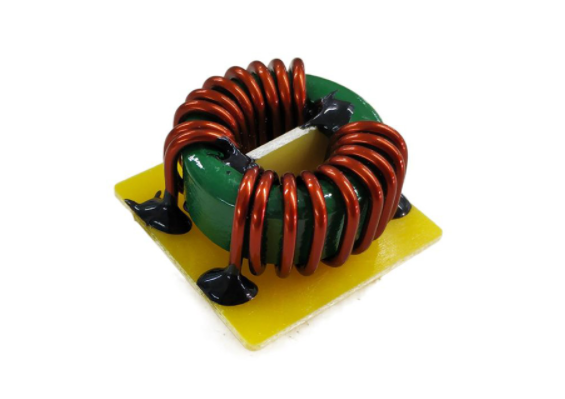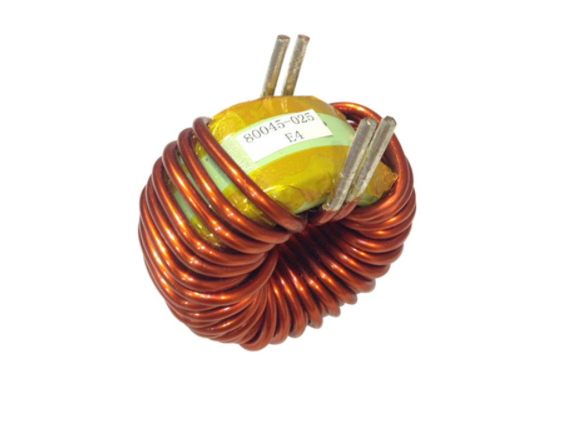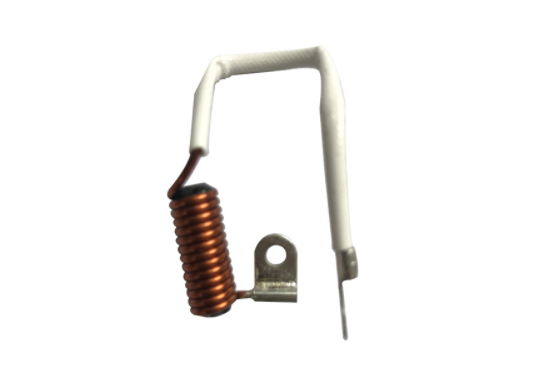In this blog, we'll explain all the different types of inductors, their advantages and disadvantages, and their popular applications. We have included some suggestions from our new general parts library on common inductor families with high supply chain availability.
Inductors are two-terminal components used in filtering, timing, and power electronics applications. They store energy in the form of a magnetic field as long as there is current flow. According to the law of flutters, inductors counteract changes in current by inducing an electric potential (or electromotive force). Inductors can be approximated as an open circuit for AC signals and as a short circuit for DC signals.

Inductors are also known as coils or chokes. If the inductor is used to block or decouple higher frequencies, it is called a "choke". There are different types of inductors depending on the core and the materials used in the construction. Let's look at some of the main elements below.
Air core inductors have no core and have the greatest advantage of low losses. Since they do not have a core, they require a larger number of coils to obtain the same inductance value, which leads to an increase in size. They are mainly used in high frequency applications, such as resonant circuits where low inductance values are sufficient.
Ferrite core inductors are made of ferromagnetic materials with high permeability. These inductors have a higher inductance compared to other types. They also have very low losses. They are used in noise filters, high quality transformers and DC-DC converters.

Iron core inductors have a very high inductance value due to their iron core. They can handle high power, but have limited high frequency capacity. They are mainly used in low frequency applications such as audio equipment. Fine iron powder particles are used in iron powder inductors, which have higher saturation currents than ferrite core inductors.
When inductors are wound on a toroidal or toroidal coil, they are called toroidal inductors. Toroidal inductors become a good choice for high current and high inductance applications. These inductors are used in switching regulators, medical and refrigeration equipment, telecommunication circuits, and more.
These inductors are formed by laminating ceramic materials to form an integrated monolithic inductor. They are smaller and less expensive than toroidal inductors. They provide a good overall balance between tolerance, current rating, size and price. They are used for high frequency noise suppression, RF matching in modules such as wireless LANs and mobile communication systems.

Thin-film inductors use a conductor film on their substrate to give them an ultra-small size. Multiple spiral-shaped film coils are formed on the substrate, resulting in compact and highly accurate inductors. Their application is in RF matching circuits where small inductor size and low tolerance are required.
The two main applications for inductors are power electronics and RF circuits. DC-DC converters or switching regulators are commonly used in almost all electronic devices. Inductors are used in a variety of RF circuits, including filters, oscillators, etc.
This guide covers some of the most popular inductor types, including selecting them for different applications. If you have any comments or suggestions on part selection, please contact us!